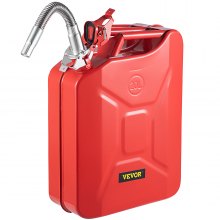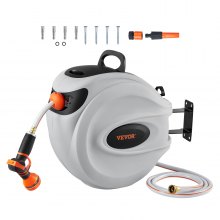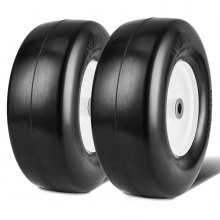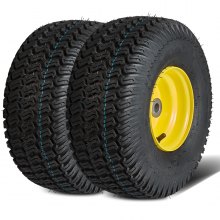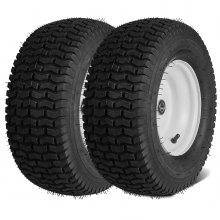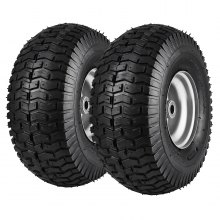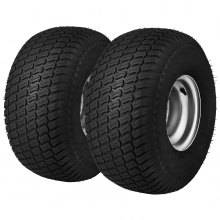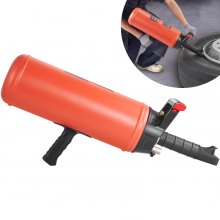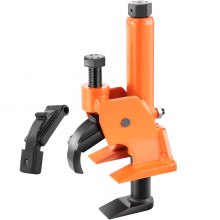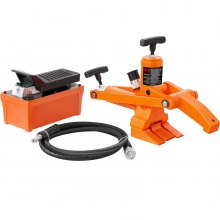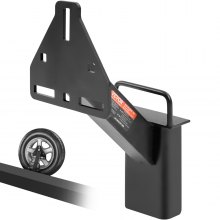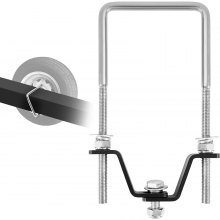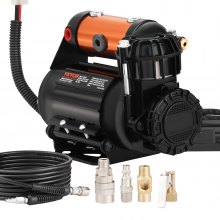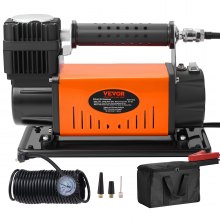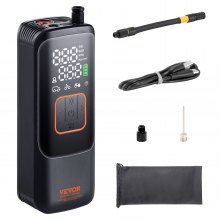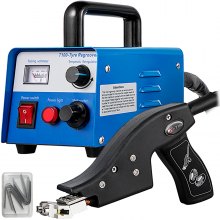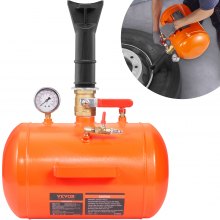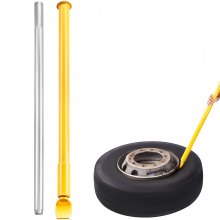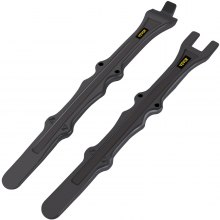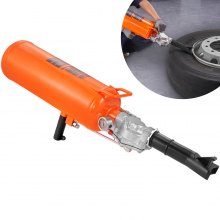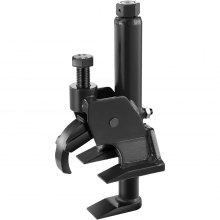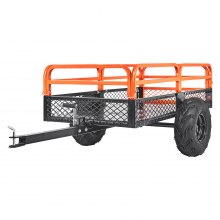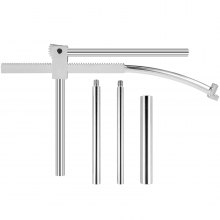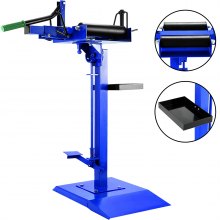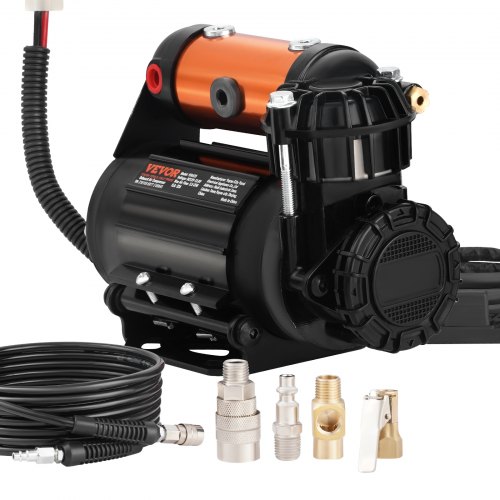The Ultimate Guide to Tractor Tires: Types, Maintenance, and Selection
When it comes to agricultural productivity and efficiency, tractor tires play a pivotal role. Not only do they impact the tractor's performance and fuel efficiency, but they also affect the overall health of your crops and land. In this comprehensive guide, we'll explore the various aspects of tractor tires, from types and maintenance to selection tips, ensuring you're well-equipped to make informed decisions for your farming needs.
Understanding the Types of Tractor Tires
Radial versus Bias Tires
Tractor tires are broadly categorized into radial and bias types, each with its unique benefits. Radial tires, known for their flexible sidewalls and durable tread, offer reduced soil compaction and enhanced fuel efficiency. Bias tires, on the other hand, are recognized for their robust construction, making them suitable for heavy-duty tasks on uneven terrain.
Specialty Tires for Different Applications
Beyond the basic classifications, there are specialty tires designed for specific tasks. For instance, turf tires minimize damage to grass and soft surfaces, while industrial tires are optimized for construction sites with their reinforced sidewalls and cut-resistant materials.
The Importance of Regular Maintenance
Routine Inspections and Air Pressure Checks
To prolong the lifespan of your tractor tires, regular inspections and air pressure checks are essential. Ensuring your tires are properly inflated can prevent uneven wear and tear, thus extending their service life.
Understanding Wear Patterns and Replacement Timing
Identifying wear patterns early on can help you address issues before they escalate. For example, excessive center wear may indicate over-inflation, while wear on the edges could suggest under-inflation. Knowing when to replace your tires is crucial for maintaining optimal performance and safety.
Selecting the Right Tractor Tires for Your Needs
Considering Soil Type and Terrain
The choice of tractor tires should be influenced by the specific soil type and terrain of your farm. For soft or muddy grounds, tires with deeper treads are ideal, while smoother tires are preferable for hard-packed soil or paved surfaces.
Assessing Load Capacity and Speed Requirements
Load capacity and speed requirements are also critical factors. Ensure the tires you select can withstand the weight of your tractor and any additional equipment, while also meeting any speed demands for road travel.
The Role of Technology in Tractor Tires
Advancements in Tire Technology
The agricultural industry has seen significant advancements in tire technology, including improved materials for longer wear life and innovations in tread design for better traction and fuel efficiency.
The Impact of Smart Tires
Smart tires represent a groundbreaking development in the realm of agricultural machinery. Equipped with sensors, these tires can provide real-time data on pressure and temperature, enabling proactive maintenance and ensuring optimal performance under various conditions.
Eco-Friendly Options and Sustainability in Tractor Tires
Biodegradable Materials and Recycling Programs
The push towards sustainability has led to the development of eco-friendly tractor tires made from biodegradable materials. Furthermore, recycling programs for old tires contribute significantly to reducing the environmental footprint of agricultural practices.
Reducing Soil Compaction and Enhancing Efficiency
Eco-friendly tires are also designed to reduce soil compaction, thereby preserving soil health and promoting higher crop yields. Additionally, tires with improved efficiency can lead to reduced fuel consumption, further benefiting the environment.
Cost Considerations and Long-Term Investments
Balancing Initial Costs with Lifespan and Performance
While the initial cost of high-quality tractor tires can be substantial, it's important to consider the long-term savings in terms of durability and reduced maintenance requirements. Investing in premium tires can ultimately lead to lower overall costs and enhanced productivity.
The Role of Warranties and Customer Support
Warranties and robust customer support from tire manufacturers can provide additional peace of mind and protection for your investment. Always ensure that the tires you choose are backed by a solid warranty and accessible customer service.
Your Partner in Agricultural Success: VEVOR Tractor Tires
Discover the VEVOR Difference
At VEVOR, we understand the critical role that tractor tires play in your farming operations. Our selection of high-quality, durable tires is designed to meet the diverse needs of the modern farmer, ensuring that you can find the perfect match for your tractor and terrain.
Commitment to Quality and Innovation
With a focus on innovation and quality, VEVOR tractor tires incorporate the latest advancements in tire technology, offering superior performance, longevity, and fuel efficiency. Choose VEVOR for tractor tires that deliver reliability and value, mile after mile.
Frequently Asked Questions About Tractor Tires
What Makes Radial Tractor Tires Different from Bias Tires?
Radial tractor tires feature a construction that allows their sidewalls and tread to function as two independent features. This design offers improved traction, fuel efficiency, and a smoother ride compared to bias tires, which have plies running diagonally across the tire, resulting in a stiffer construction.
How Often Should Tractor Tires be Replaced?
The lifespan of tractor tires varies based on usage, maintenance, and tire type. However, it's recommended to inspect them regularly for signs of wear and tear, such as deep cracks or significant tread wear, and replace them as necessary to ensure safety and efficiency.
Can Tractor Tires be Repaired?
Yes, tractor tires can often be repaired, especially if the damage is limited to the tread. However, sidewall damages are typically not repairable due to the risk of tire failure. Always consult with a professional to assess the viability of a repair.
Are There Eco-Friendly Tractor Tires Available?
Indeed, the tire industry is increasingly focusing on sustainability, producing eco-friendly options that include biodegradable materials and improved designs for reduced soil compaction. These advances aim to enhance agricultural sustainability and reduce environmental impact.
How Do I Choose the Right Size Tractor Tires?
Choosing the correct tire size involves consulting your tractor's owner manual or the tire placard for specifications. It's crucial to match the tire size to ensure proper fit and function. If in doubt, seek advice from a tire specialist.
What is the Importance of Tire Pressure in Tractor Tires?
Maintaining the correct tire pressure is vital for maximizing tire life, fuel efficiency, and safety. Under-inflated tires can lead to uneven wear and potential tire failure, while over-inflation can result in decreased traction and a rougher ride.
Can I Use Different Tires on the Front and Back of My Tractor?
Yes, it's common to use different types of tires on the front and back of a tractor to optimize performance based on specific tasks or terrain. For instance, you might choose wider tires for the rear to improve traction and stability.
How Can I Improve the Lifespan of My Tractor Tires?
To extend the lifespan of your tractor tires, follow a regular maintenance schedule, including checking tire pressure, performing inspections for damage, and ensuring proper storage. Additionally, avoid excessive speeds and loads that exceed the tire's rated capacity.
Is It Possible to Recycle Old Tractor Tires?
Absolutely. Many regions have programs for recycling old tractor tires, turning them into products such as rubber mulch, asphalt additives, and even energy. Recycling helps reduce the environmental impact and supports sustainability in agriculture.
Take Action: Upgrade Your Tractor Tires with VEVOR Today
Ready to enhance your agricultural productivity and efficiency? Explore our range of tractor tires and discover the VEVOR difference. With our commitment to quality, innovation, and customer satisfaction, we're here to support you in achieving greater success in your farming endeavors. Upgrade your tractor tires with VEVOR today and experience the difference quality makes.




























